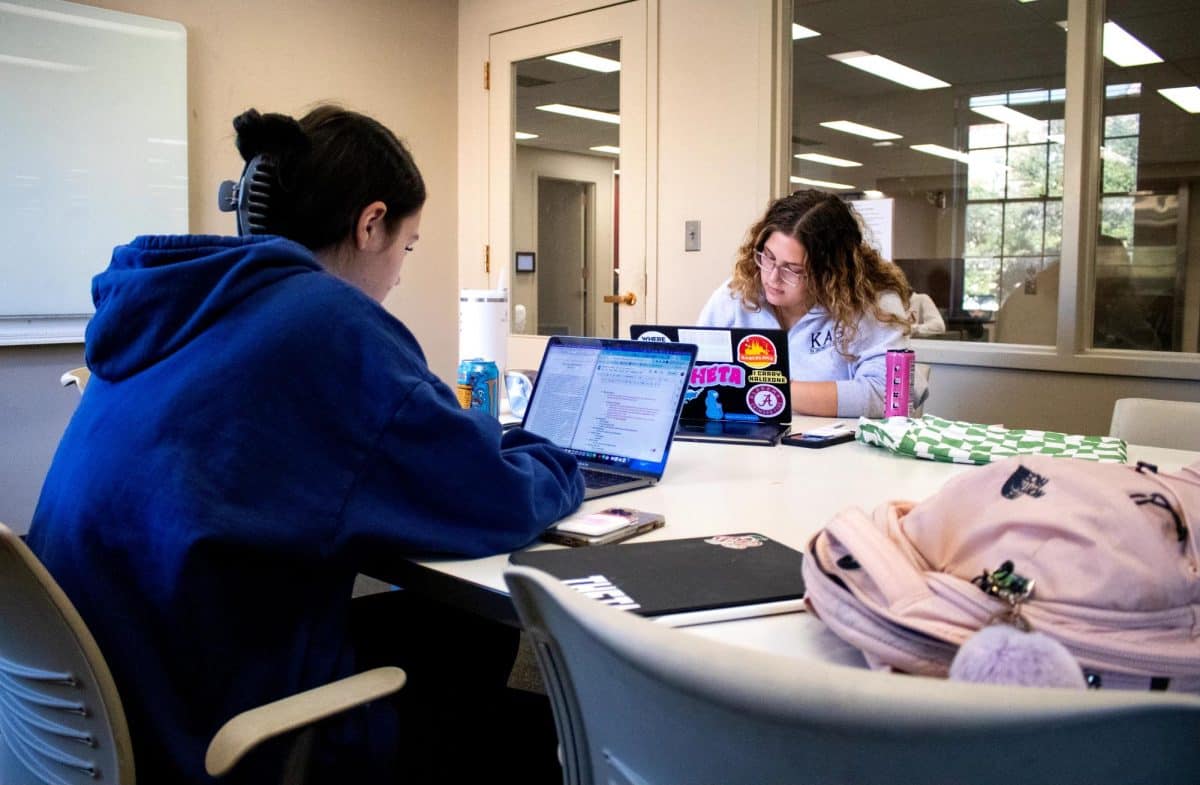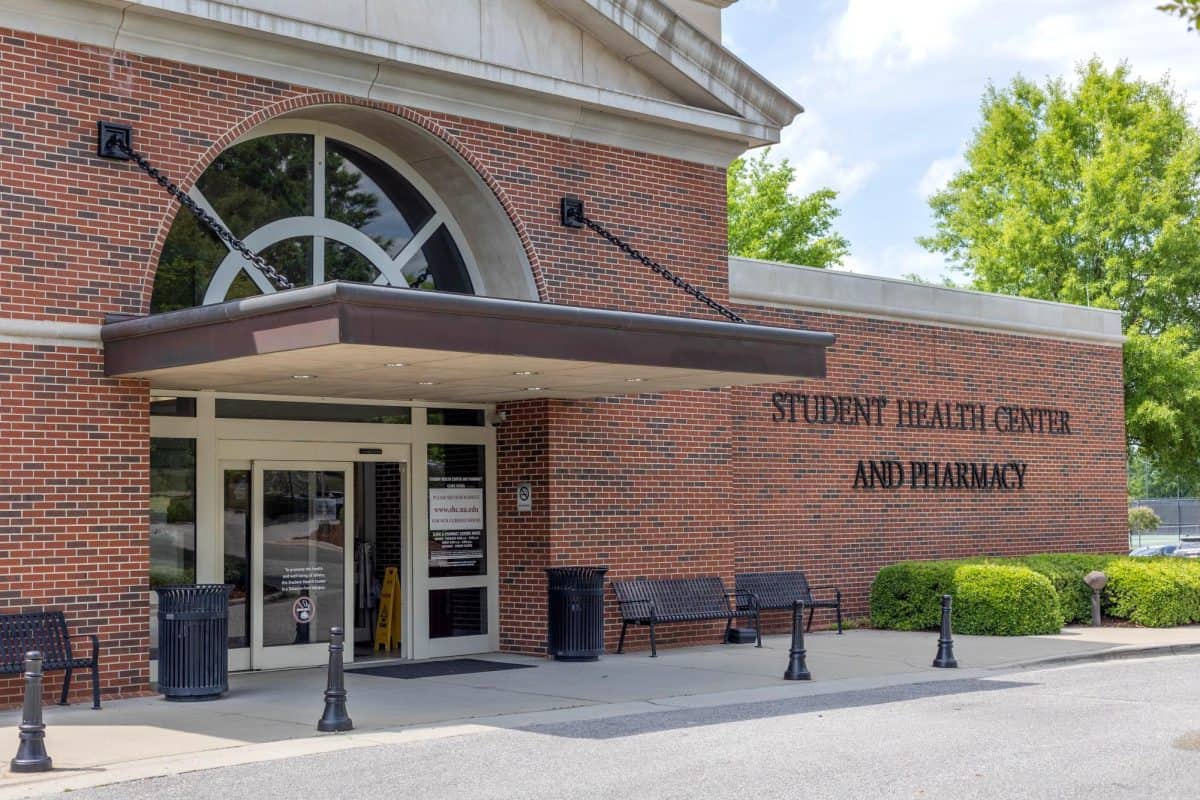In Uniontown, Alabama, a $30 million lawsuit filed by Georgia-based limited liability corporation Green Group Holdings against local residents was dropped on Monday, Feb. 6. The residents were being sued for speaking out against the coal ash present in the Uniontown landfill. It is located directly across the street from homes. The coal ash was moved from a Tennessee landfill which overflowed in 2009. The Environmental Protection Agency categorized the coal ash in Tennessee as an “imminent and substantial endangerment to the public health.” In 2012 and 2013, Uniontown citizens filed a Civil Rights Complaint against the Alabama Department of Environmental Management (ADEM) for allowing the ash to be located so close to homes. Residents have rightfully feared that the state will not protect their health, environment, and freedom of speech. Just three days after the lawsuit was dropped, ADEM renewed the landfill’s permit for five years.
The local residents who were the targets of the lawsuit were Mary B. Schaeffer, Ellis B. Long, Benjamin Eaton, and Esther Calhoun. Esther Calhoun was quoted as staunchly standing up for both her First Amendment right to freedom of speech and her right to live in a clean, healthy environment. She says: “In Uniontown, we are fighting for so much: our health, our environment, clean air, clean water and access to justice. And if we want to fight, first we need to speak out about what is happening in our community. We’re not afraid to speak out, and I want people to know that they shouldn’t be afraid either.” Calhoun is referring to the other community struggle for clean drinking water among other issues.
On a trip to Uniontown last November, I remember seeing the landfill and walking through this cemetery. Concerned residents informed me that the landfill site was once a plantation and that the cemetery adjacent to it is where their ancestor’s bodies, who worked on that plantation, were buried. Residents pointed out to me that the cemetery had been altered. For instance, some headstones had been removed and some of them had features added.
While winning the battle to speak out against the landfill (just as its permit was renewed), Uniontown citizens are being denied a voice in their struggle for clean water and a decent environment. For example, there is sewage and waste from a catfish plant running from a 70-acre spray field onto private property. The “effluent,” as it was called by Sentell Engineering officials during a townhall in December, runs directly into a water source on nearby private property. Livestock sometimes drink from this source which eventually flows into Freetown Creek. Sentell is the company which received a $4.8 million U.S. Department of Agriculture contract to build an adequate treatment system for this specific area. The city’s wastewater permit allows only for groundwater discharge. It does not authorize raw sewage overflow, which the current system produces. Sentell is now trying to ask the citizens of Uniontown, the state, and the federal government to pay for their own mistaken design.
Uniontown residents are the ones suffering the consequences in this case too, not the company. Sentell Engineering and the City of Uniontown held a listening session at the Uniontown City Hall on Feb. 23 concerning the issue. However, the questions had to be pre-submitted through e-mail; questions were not taken at the session according to Sentell and the City of Uniontown. Sentell and the City chose which questions to answer. Uniontown citizen’s and resident’s voices were literally denied at this meeting. Uniontown citizens told me in November, and repeatedly since, that they want a water treatment plant. They do not want more failed systems which they are forced to pay for with their taxes and rising water costs. Please email Sentell Engineering here at [email protected], demanding they allow Uniontown residents the right to speak for clean air and water in the future.
Leif Midgorden is a junior majoring in history.









